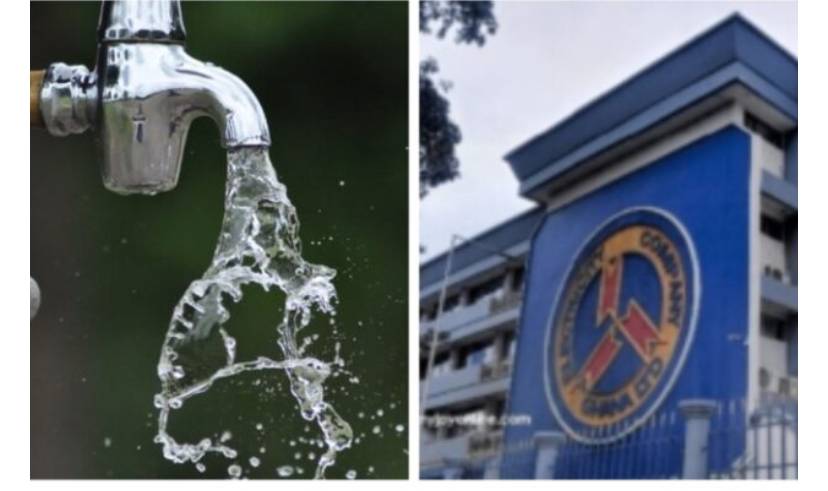PURC Justifies Utility Tariff Increases Amidst Public Outcry Over Poor Service
The Public Utilities Regulatory Commission (PURC) has defended the recent hikes in electricity and water tariffs, despite widespread complaints from Ghanaians about persistent power outages and irregular water supply.
Dr. Eric Obutey, Director of Research and Corporate Affairs at PURC, addressed the issue during an interview on Joy FM’s Midday News on Monday, April 14. He acknowledged the challenges consumers are facing but maintained that utility companies are meeting performance benchmarks established by the Commission.
In the latest tariff adjustment, electricity rates rose by 14.75%, while water tariffs increased by 4.02%. This decision has sparked backlash, with many questioning why they are paying more for services that continue to deteriorate. However, Dr. Obutey insisted the tariff structure is based on a thorough regulatory framework that includes monitoring key indicators such as system losses and the average duration of outages per customer.
According to him, most of these indicators show compliance on the part of service providers. “There are clear benchmarks we use to assess utility performance. These include technical and commercial losses as well as how long outages last per customer. Based on our most recent evaluations, utilities are largely meeting these requirements,†he said.
Still, consumers remain frustrated. Across social media and radio platforms, many have voiced anger at what they see as unfair billing amid poor service. Addressing these concerns, Dr. Obutey explained that service interruptions are often due to mechanical failures or planned maintenance, both of which are inevitable in utility operations.
“These systems rely on machinery, which can break down occasionally. Planned maintenance schedules are normally shared with the public anywhere from two hours to two weeks in advance. But unplanned faults occur unexpectedly, and in those instances, there’s often no time for prior notice,†he explained.
Despite public dissatisfaction, PURC maintains that the higher tariffs are necessary to support infrastructure improvements and ensure the sustainability of utility services. The Commission believes that with continuous monitoring and accountability, consumers will gradually see better service delivery.
Meanwhile, pressure is mounting on utility companies to improve their reliability, especially in light of the tariff increases. In recent months, the PURC has also been actively engaging with service providers through forums and stakeholder platforms to address performance issues and improve communication with consumers.
The debate continues as many Ghanaians await tangible improvements in power and water supply—services they believe should match the rising cost they are now required to bear.




No comments yet
Be the first to share your thoughts!